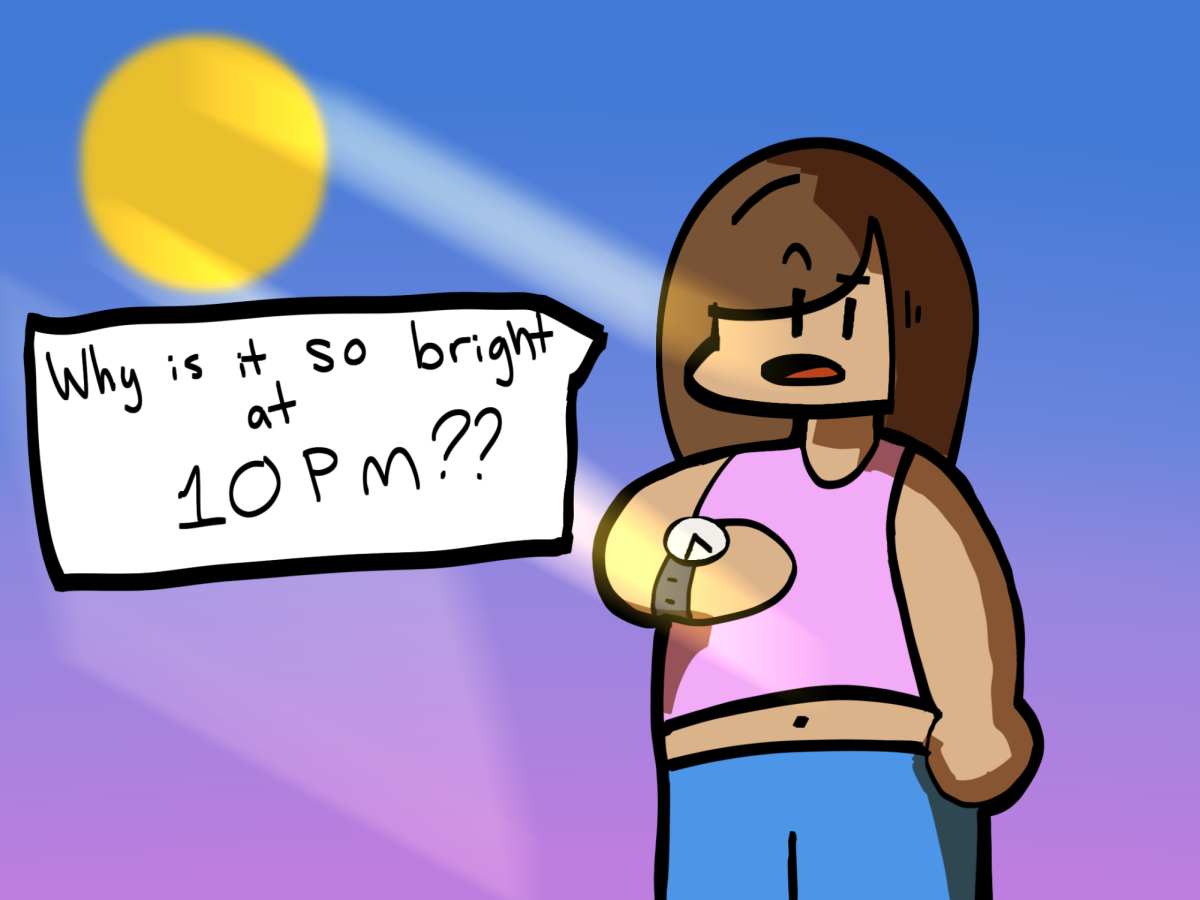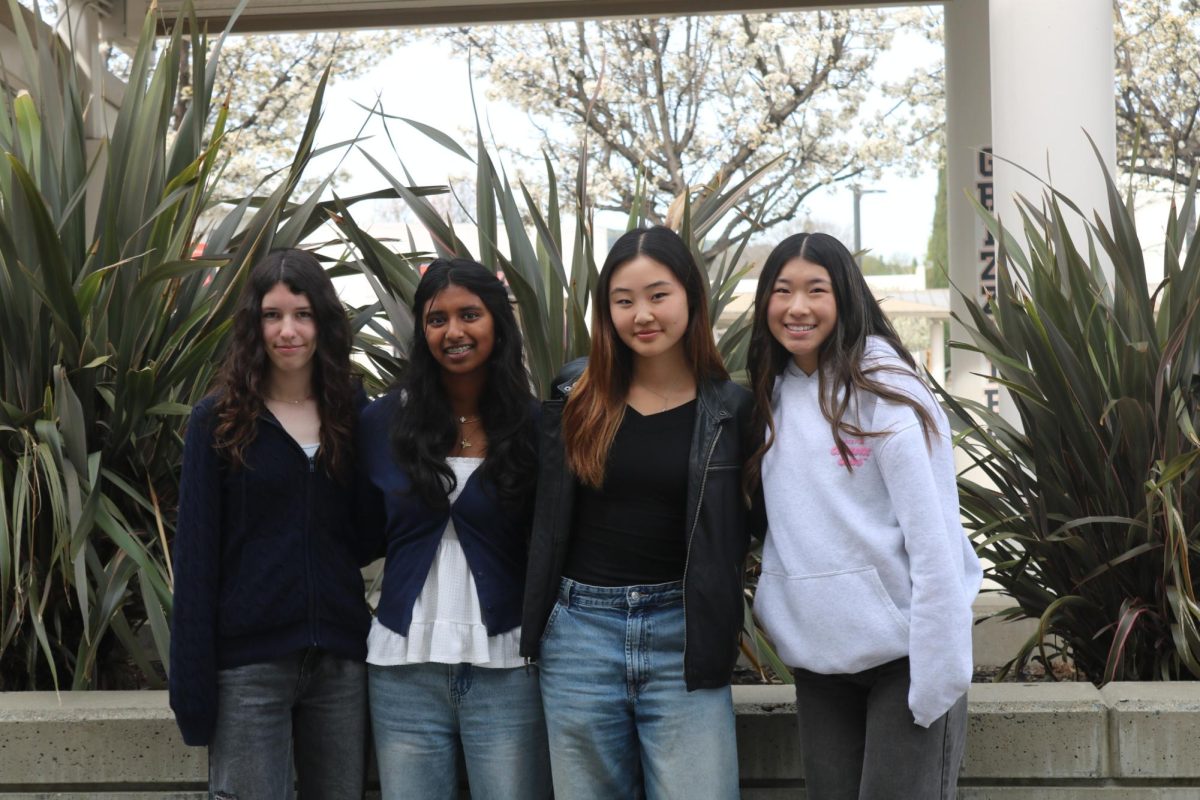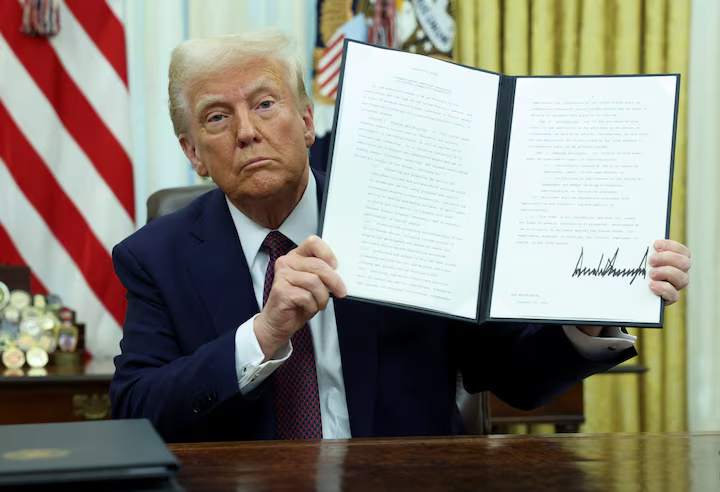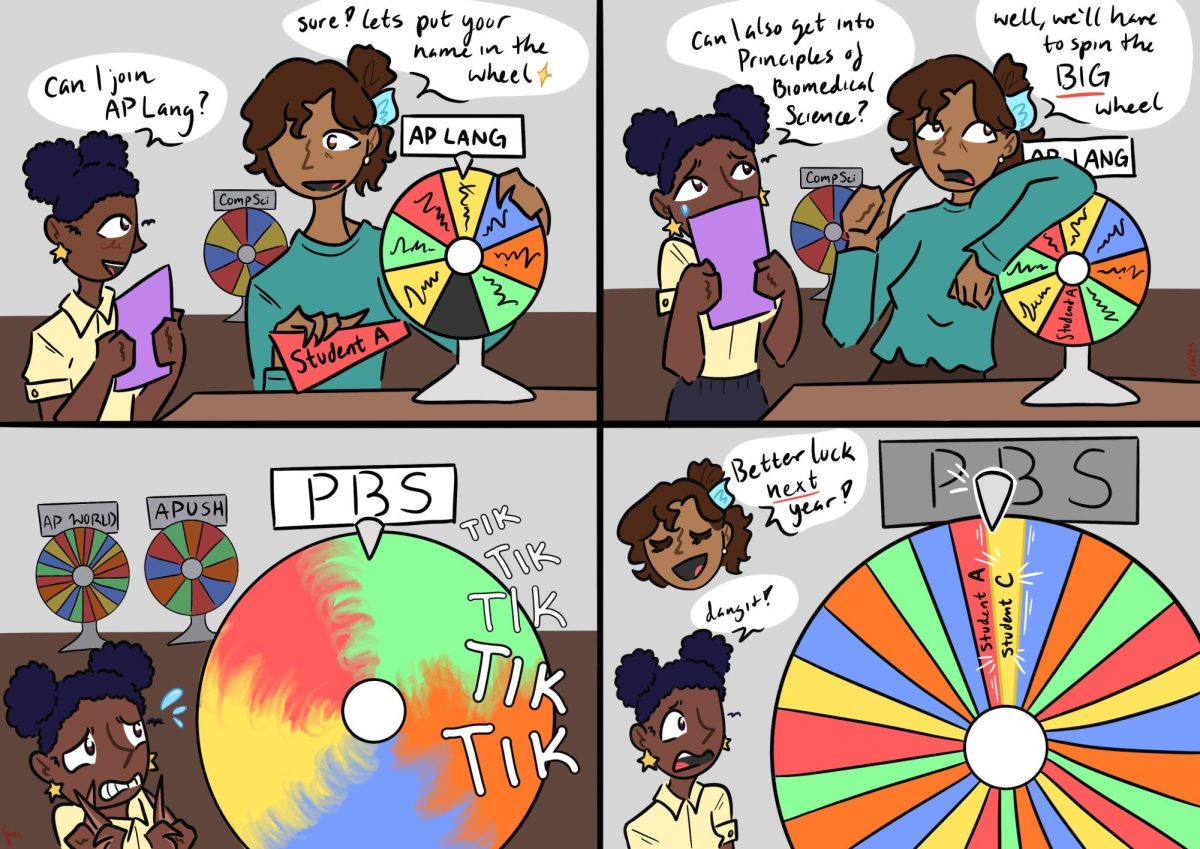The conflict between Israel and Palestine has become a hot-topic debate, and Starbucks has been caught in the crossfire.
Earlier in October, Starbucks Workers Union made a social media post in support of Palestine. Starbucks disagreed with the post amid backlash from pro-Israel customers.
Now, numerous accounts on TikTok and Instagram are promoting a boycott against Starbucks, compelling their viewers to believe the brand is pro-Israel with misinformation regarding Starbucks and the Israel-Palestine conflict.
The claims of Starbucks supporting Israel and providing money to the Israeli government are not only untrue and unjust, but also leave a stain on the beloved brand’s reputation.
Many people don’t fact check information from TikTok, or don’t realize they’re avoiding a brand that’s not connected to the Israel-Palestine conflict.
Starbucks has never explicitly shown support for either side of the conflict, and the corporation has never funded or shared profits with Israel, according to Starbucks Stories & News, the company’s official website.
These facts disrupt the very basis of many arguments advocating for boycotts.
As social media stigmatizes supporting Starbucks during this period, no one is willing to do the proper research before taking a stance on a topic regarding this complex conflict. If they would, people would see these boycotts and protests are the result of misinformed individuals jumping to conclusions.
Who cares if popular brands allegedly support one side or the other? It is highly unlikely that the opinions of a brand like Starbucks will sway the outcome of the conflict in either direction.
Boycotting a business is justified when the business is engaged in unethical conduct. To certain audiences, supporting Israel during the conflict is unethical conduct.
But in regards to Starbucks and the associated misinformation, a boycott of the company is not justified.
Not only is it presumptuous to assume the company’s views of the war, the boycotts and protests provide no real support for either side of the Israel-Palestine conflict.
By going to a different cafe for their morning coffee, people believe that somehow they provide an advantage to Palestine and those affected by the Israel-Palestine conflict.
But according to research conducted by the Institute for Policy Research at Northwestern University, boycotts don’t have much of an impact on a company’s sales revenue, and people disagreeing with a company are likely to still buy the company’s products.
Not only are these protests a waste of time and effort, they are distracting from the real issues at hand regarding the Israel-Palestine conflict.
Boycotting Starbucks because of what people “believe” to be their political ideologies also does not provide the support they think it does at all.
While many could be donating and helping to provide resources for the numerous innocents affected by the Israel-Palestine conflict, they are instead wasting their efforts promoting the boycott of an uninvolved multi-billion dollar American company.
Understandably, for many, boycotting and protesting stand as the only means to show their support for Palestine. But it is important to emphasize doing the proper research beforehand.
Identify brands that express support for Israel, and take action there, not with a brand which has never taken a side and is unlikely to ever take a side.
Participating in boycotts based on public perception rather than concrete evidence contributes to a cycle of misinformation that, as a society, we should strive to put an end to.
Starbucks boycott is misinformed
Nidhi Sudheendra, Opinions Editor
December 15, 2023
Boycotting Starbucks is promoted online because of allegations that the brand is pro-Israel.
More to Discover
About the Contributors

Nidhi Sudheendra, Opinions Editor
Senior Nidhi Sudheendra first joined The Californian in her junior year. She originally wanted to be part of the social media team, but after writing one article for the opinions section, she realized she liked being able to do what she does best: argue. Since then, she has gone on to become the Opinions editor. In her free time, she likes to read, go on runs, and hang out with friends. She looks forward to fawning over the best editor-in-chief ever, Ylin Zhu

Samika Karode, Artist
Samika Karode is a senior who recently joined the newspaper team as an illustrator. Samika joined hoping to make the paper more interesting and engaging for all students and something everyone looks forward to reading. Outside of school, she enjoys drawing, playing games, reading comics, and collaborating with others.









Bianca • Dec 9, 2024 at 1:30 am
Total misinformation. Starbucks has ties to Zionist organizations.. atleast the owner does and they fund heavily to Zionist orgs and support many endeavors on colleges and more. They’re not going to directly say thos on their site because they know they will lose money especially in the middle east. How dare this person has its not “just” to Boycott a wealthy billionaire company.. You got to be kidding me? Just say you thought it was unjust of the assassination of the United Healthcare CEO too….. Who was responsible for so many lives lost… But it’s OK because America and capitalism..
Arfa • Apr 20, 2024 at 10:01 pm
As a former member of “The Californian” I am incredibly disappointed in the lack of research and respect this article portrays. Zara, who commented before me provides some very good information. I also found similar claims on the website “boycott.thewitness.news”. I understand that this is an opinion post but that does not give the excuse to bury facts within opinion. Starbucks, though has never explicitly stated their connection with the genocide Israel is leading, still is connected and therefore people’s boycotting is still valid. Later in the article it is stated that “boycotts don’t have much of an impact on a company’s sales” Acording to Aljazeera, the Starbucks franchise in Indonesia reported a “38.2 percent drop in revenue in the fourth quarter of last year, which it “attributed to an ongoing boycott””. This article was published 20 of March, 2024. Next time, please check your sources and research thoroughly before presenting your opinion. Newspapers are powerful. The spread of misinformation is very dangerous.
Dallas • Jan 31, 2025 at 3:34 pm
Agreed. As a current member of “The Californian”, I wish this article was taken down. or never written in the first place. It’s pure misinformation; at best it inadvertently defends a CEO and Zionism. Not a good look. This paper claims to pride itself on being an unbiased source. Clearly, this isn’t true. Fortunately, Howard Schultz is no longer president, and Starbucks is (presumably) no longer associated with Zionism. But regardless, yikes.
Additionally, the article mentions “It is highly unlikely that the opinions of a brand like Starbucks will sway the outcome of the conflict in either direction” (Sudheendra 9). This quote demonstrates the lack of research, as the gluttonous amounts of money that people like Schultz can donate have the potential to make or break wars.
Furthermore, Sudheendra mentions the “justification” of a boycott. But boycotts are not objective moral decisions, you can’t hurt a corporation like you can hurt people; therefore people have the right to boycott for whatever reason they see fit.
I could say so much more, but honestly it is not my place to critique, but rather to inform, so I will end this comment here. And I mean no hate to Sundheendra and I’m sure none of these other comments to either.
That being said, I’m deeply disheartened that another grizzly would write something like this, and for reasons stated above, other readers should be too.
Zarah • Dec 17, 2023 at 8:39 am
Here is an ounce of proof of their involvement with israel: One significant aspect of Starbucks’ potential support for Israel lies in its largest private shareholder, Howard Schultz. Schultz, known for his staunch support of Zionism, holds a considerable stake in Starbucks and has shown support for Israel’s economy. Notably, Schultz made headlines with a substantial $1.7 billion investment in an Israeli cybersecurity startup named Wiz. This investment underscores Schultz’s commitment to Israel’s economic growth and technological advancements, prompting questions about Starbucks’ indirect alignment with Israeli interests.